The following is a snap-shot of funding opportunities that have been announced. Please follow the links for more information:
Academy of Medical Sciences
SUSTAIN pilot programme
This programme enables female researchers to thrive in their independent research careers by providing interactive career development workshops, a peer support network and one-to-one mentoring. The programme covers travel to London as well as hotel accommodation and optional childcare support during the first regional workshop.
Maximum award: Unknown
Closing date: 02 Dec 16
British Academy
Conference Program
This supports conferences on subjects in the humanities and social sciences held at the British Academy’s premises in London, UK. Funding covers the costs of administration, catering, preparation of delegate packs and promotional material, and contributes to travel and accommodation costs for speakers, chairs and convenors.
Maximum award: Unknown
Closing date: 24 Feb 17 (recurring)
Economic and Social Research Council
Celebrating impact prize
The Celebrating Impact Prize, now in its fifth year, is an annual opportunity to recognise and reward ESRC-funded researchers and ESRC associates. It celebrates outstanding ESRC research and success in interdisciplinary, collaborative working, partnerships, engagement and knowledge exchange activities that have led to significant impact.
Maximum award: £10,000
Closing date: 01 Dec 16
Wellcome Trust
Research career re-entry fellowships
These fellowships provide postdoctoral scientists with the opportunity to re-establish their scientific careers after a continuous break from research of at least two years. Fellowships are tenable for four years and cover salaries, research expenses, materials and consumables, animals and travel and subsistence.
Maximum award: Unknown
Closing date: 04 May 17
Sir Henry Wellcome postdoctoral fellowships
These fellowships enable newly qualified postdoctoral researchers the opportunity to start independent research careers, working in some of the best research environments in the world. Fellowships provide £250,000 over four years, covering the basic salary determined by the host institution, and research expenses such as materials and consumables, animals, travel and overseas subsistence.
Maximum award: £250,000
Closing date: 04 May 17
Seed Awards in Science
Seed Awards in Science help researchers develop new ideas to make them competitive for larger awards (from us or other organisations).
Maximum award: £25,000 – £100,000
Closing date: 16 Mar 17 (recurring)
If you are interested in submitting to any of the above calls you must contact your RKEO Funding Development Officer with adequate notice before the deadline.
For more funding opportunities that are most relevant to you, you can set up your own personalised alerts on Research Professional. If you need help setting these up, just ask your School’s/Faculty’s Funding Development Officer in RKEO or view the recent blog post here.
If thinking of applying, why not add notification of your interest on Research Professional’s record of the bid so that BU colleagues can see your intention to bid and contact you to collaborate.
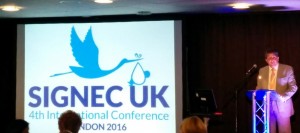
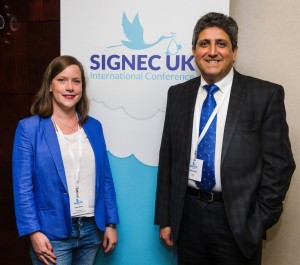 My supervisor Dr Simon Dyall and I were delighted to be invited to attend this event, since, together with Minesh, we are looking at the role of essential fatty acids in perinatal health. As stated above, NEC is a major health concern in the perinatal period, which potentially benefits from essential fatty acids. Furthermore, the event was a perfect opportunity to network with people working in the field of perinatal health and to get more ideas for future research.
My supervisor Dr Simon Dyall and I were delighted to be invited to attend this event, since, together with Minesh, we are looking at the role of essential fatty acids in perinatal health. As stated above, NEC is a major health concern in the perinatal period, which potentially benefits from essential fatty acids. Furthermore, the event was a perfect opportunity to network with people working in the field of perinatal health and to get more ideas for future research.
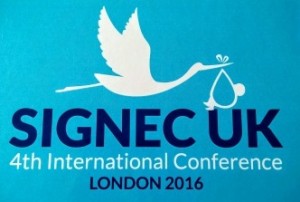 If you would like to learn more about SIGNEC UK or attend next year’s conference, please contact Prof Minesh Khashu at
If you would like to learn more about SIGNEC UK or attend next year’s conference, please contact Prof Minesh Khashu at 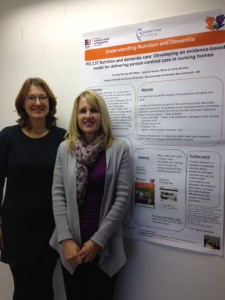
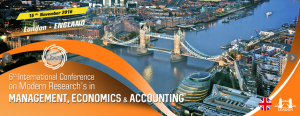
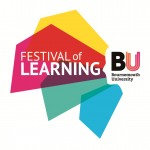 Don’t miss our drop-in sessions where we can offer you support in planning your event for Festival of Learning 2017.
Don’t miss our drop-in sessions where we can offer you support in planning your event for Festival of Learning 2017.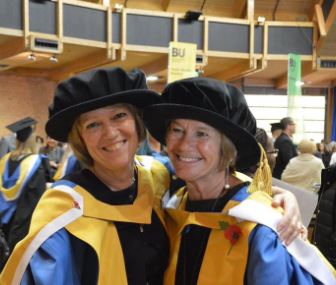
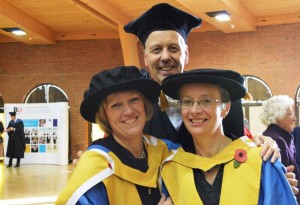
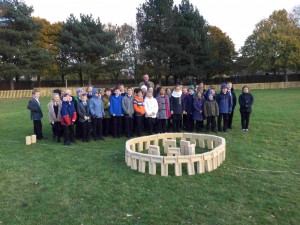
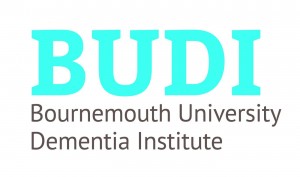
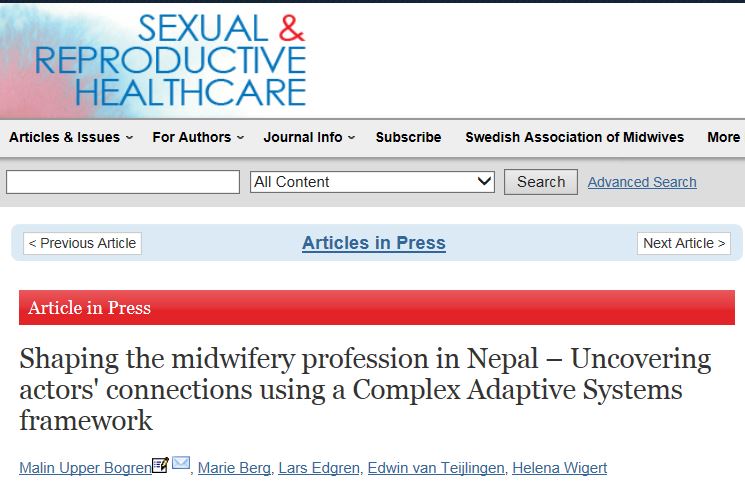
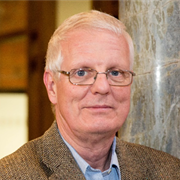 Having been at BU for three months, I thought I should introduce myself to the research community in the University and take this opportunity to tell you about some of my research interests so that anyone ploughing similar furrows can get in touch with a view to future collaboration.
Having been at BU for three months, I thought I should introduce myself to the research community in the University and take this opportunity to tell you about some of my research interests so that anyone ploughing similar furrows can get in touch with a view to future collaboration.










 Conversation article: How 2-Tone brought new ideas about race and culture to young people beyond the inner cities
Conversation article: How 2-Tone brought new ideas about race and culture to young people beyond the inner cities Upcoming 3C Event – PGR Culture, Community & Cake
Upcoming 3C Event – PGR Culture, Community & Cake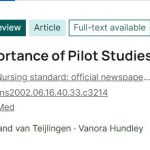 Paper with 160,000 reads
Paper with 160,000 reads The Month in Research: April 2024
The Month in Research: April 2024 Apply for up to £1,000 to deliver an event and take part in a national festival of public engagement with research
Apply for up to £1,000 to deliver an event and take part in a national festival of public engagement with research MSCA Postdoctoral Fellowships 2024
MSCA Postdoctoral Fellowships 2024 Horizon Europe News – December 2023
Horizon Europe News – December 2023